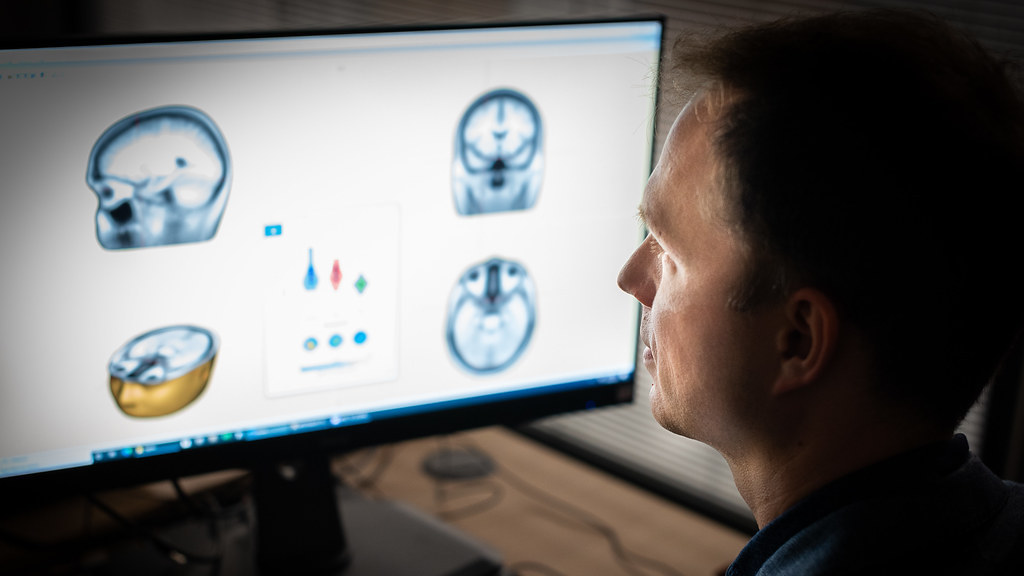Further to our review of our governance of research ethics the University has created four new research ethics Committees which will operate University-wide from 3 April when our new approach to research ethics governance starts.
These Committees will consider applications for research involving human participants or data that has the potential to identify people. Broadly these are considered as projects ‘with potential to do harm’ that will benefit from proportionate review of one of the Committees. The Committees will consider projects being done by staff and students from all parts of the University.
Professor Julie Barnett, Associate Pro-Vice-Chancellor (Research), said: "We have four new Research Ethics Committees and these are integral to a new approach to research ethics governance at the University. The operation of the Committees and the leadership of the Chairs will be supported by the Research Governance and Compliance team. Alongside the new digital system this will embed a collaborative and supportive approach to ethical review that aspires to an improved, enriching experience to staff and student researchers and committee members."
The Biomedical Sciences Research Ethics Committee will be Chaired by Professor James Betts, Department for Health. Professor Betts commented: “I have been with the University for 16 years within our Department for Health. I am now in my fifth year Chairing our Departmental ethics committee (REACH) and have been closely involved in the recent work to develop and integrate all our ethical systems across the University. I am therefore very pleased to be taking up the role of Chair of this Committee and look forward to working with colleagues across campus as part of that role.”
The External & Sponsorship Committee will be Chaired by Professor David Brown, Professor of Biochemistry in the Dept. of Life Sciences. Professor Brown said: “I am pleased to take up the role of Chair of this Committee. I have a 36-year history of working in basic research focussed on neurodegenerative diseases and brain aging. Having worked on a number of ethics focussed committees and external government advisory panels, I am keen to apply my experience to chairing this new committee. After 20 years within the university I and am particularly interested in helping the University committee better navigate the challenges of sponsorship and working with external organisations, as we develop our capacity and knowledge in this important area of academic life.”
The Social Sciences Research Ethics Committee will be Chaired by Professor David Ellis, a Professor of Behavioural Science in the School of Management. Professor Ellis commented: “I am delighted to be taking on the role of Chair of this new Committee. While there will always be room for research that identifies with a single discipline, social science is an increasingly interdisciplinary endeavour. This interdisciplinary landscape is something I am particularly looking forward to when helping the University develop a position of leadership in this area. Specifically, ensuring that ethics can support research excellence is only one part of a bigger picture. Ethical processes are core to all successful research cultures and should support proportionate consideration of ethical challenges, but also raise awareness for stimulating debate around complex issues that pertain to research integrity, transparency, and diversity.”
These new Committees will report to the Academic Ethics and Integrity Committee along with the Animal Welfare and Ethical Review Board (AWERB).
This new structure will replace the Faculty-based research ethics Committees, PREC, SSREC and REACH from 3 April 2023, for staff and Doctoral students. We are very grateful to the Chairs of those Committees, their members and Secretary and thank them for all their work to date.

